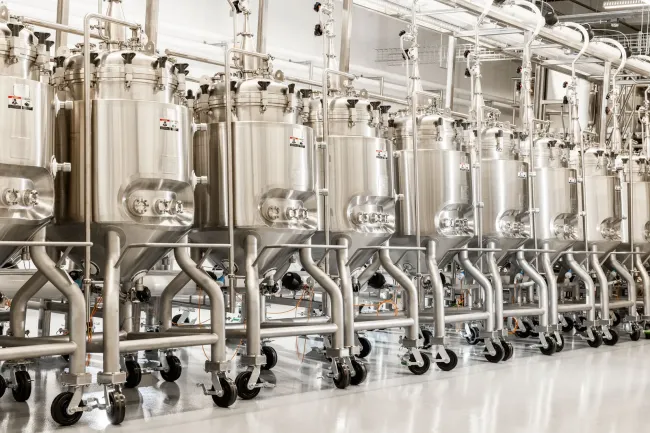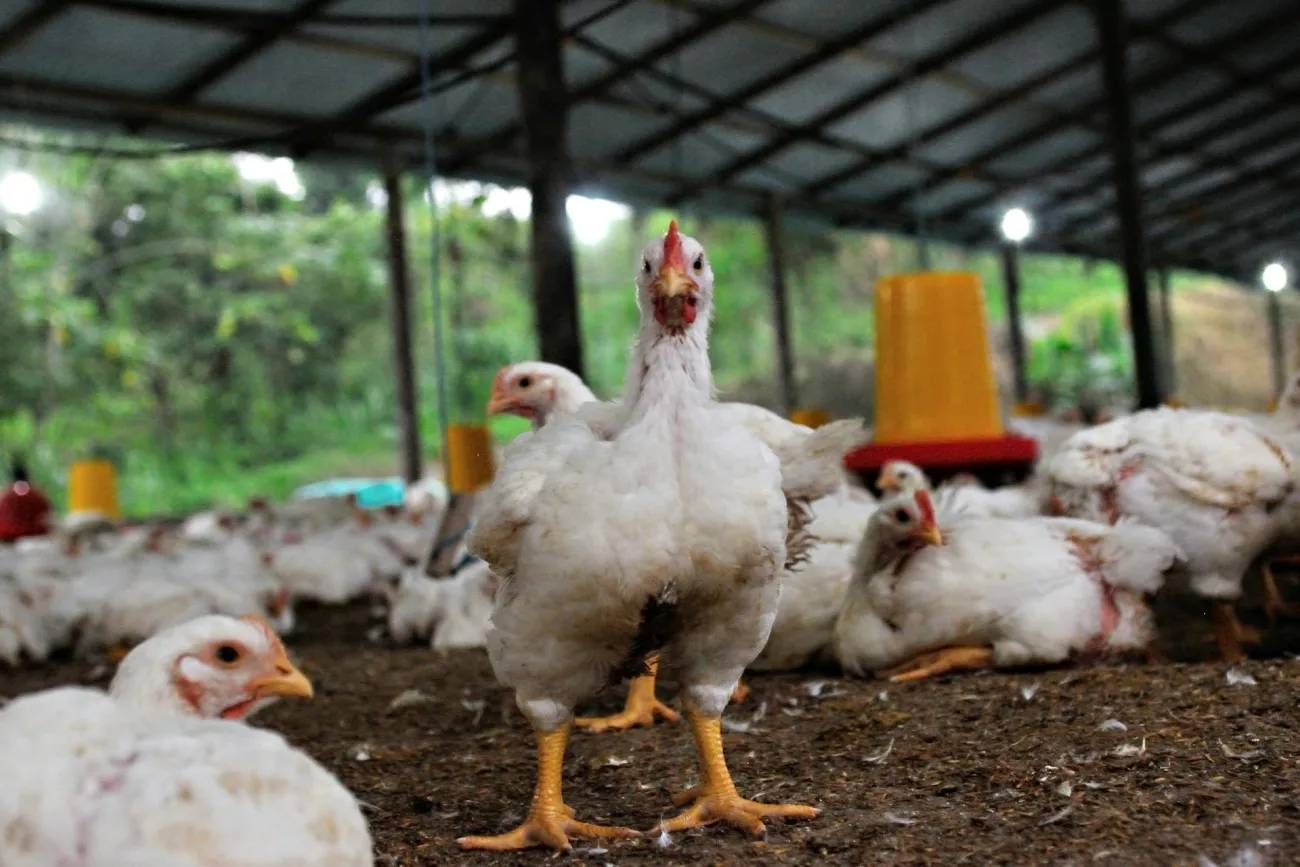Recent revelations from Upside Foods employees raise serious questions about how much cultured meat companies have achieved after billions of dollars in investment in recent years, and whether wholecut cultivated meat products will ever be commercially viable. Upside meat has received a fifth of investment in cultured meats up to 2022, using its ability to produce wholecuts (rather than ground meat) as its distinguishing feature against competitors. However, interviews with employees reveal that bioreactors have failed to produce viable products and wholecuts still require intensive human intervention at small scales.

There are two ways of turning animal cells; the first is through suspension which creates cells in a liquid slurry that can then be harvested and processed into a ground meat product, the second is to knit the cells together to form sheets of tissue that can be stacked into a meat like texture. Upside is unique amongst cultivated meat companies in claiming it is able to execute this second process at scale. However, a former employee told WIRED that since opening its factory in November 2023, Upside has failed to use its 500 litre bioreactor to produce sheets of tissue. A current employee confirmed that the cultivators are no longer used to produce wholecuts, despite their pride of place in the facility and during factory tours. Instead, wholecut production is a seven day process using 2 litre ‘roller bottles’ and hand assembly to create a single cut of meat. Each roller, which must be prepared by hand, produces between 2 and 3 grams of usable tissue, whilst an average chicken breast weighs 170 grams.
The revelations seriously damage the credibility of Upside Foods’ business model. Upside has repeatedly claimed it is ready to mass produce wholecuts of cultured meat, however their current requires many hours of work by trained scientists to yield a tiny serving of food.
Read the full article here and find out more about the future of meat here




Comments (0)